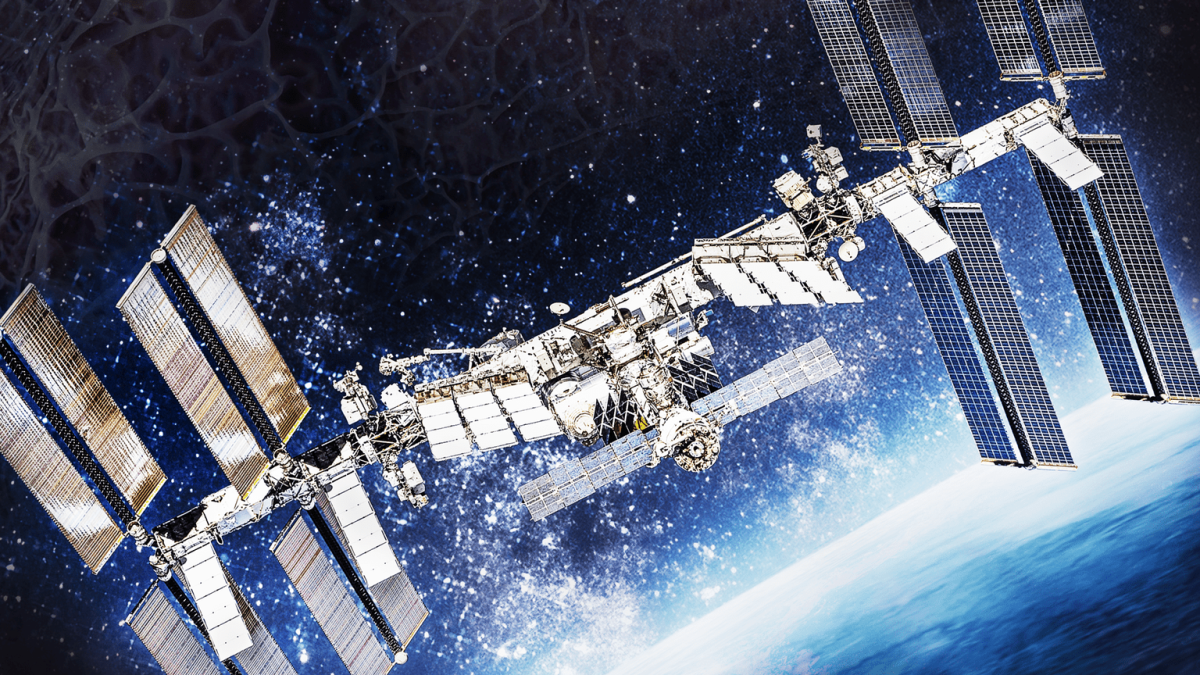
Microgravity Summer Institute for Middle School Teachers
The ASU Interplanetary Initiative and Orion’s Quest are teaming up to offer a 1-day Microgravity Summer Institute for Middle School Teachers (Microgravity SIMST) in Summer 2024.
Excite and engage your students with the wonders of microgravity! Selected in-service Arizona middle school teachers will learn about the physical concepts underlying microgravity in simple terms. Teachers will also be trained on hands-on activities that bring microgravity and real research data from the International Space Station (ISS) into the classroom.
After fully participating in this professional development program, teachers can receive up to a $200 stipend ($100 after completion of the Microgravity SIMST, $100 after implementing a microgravity lesson in the classroom). Travel assistance is also available.
Date: Thursday June 27, 2024
Time: 8am–5pm AZ
Location: Arizona State University, Tempe campus
How do I apply?
Applications for the Summer 2024 Microgravity SIMST are now closed. For updates on this program and other ways to get involved with Interplanetary Initiative please sign up for our mailing list: https://interplanetary.asu.edu/subscribe-to-updates/
Why participate?
- Learn how microgravity-enabled science helps us leverage the space environment to solve complex problems on Earth
- Get trained on hands-on activities that bring real International Space Station (ISS) data into the classroom
- Increase student awareness of space careers and discover the future of commercial space stations in Low Earth Orbit (LEO)
- Earn up to a $200 stipend for your participation
- Tour the lab facilities of Dr. Cheryl Nickerson and learn about cutting-edge microgravity research happening at ASU:
Workshop Agenda
| Time | Session Title |
|---|---|
| 8:00–8:30am | Breakfast & Check-in |
| 8:30–9:00am | Welcome & Kick-off |
| 9:00–10:00am | Introduction to Microgravity-Enabled Science |
| 10:00–10:20am | Break |
| 10:20–12:00pm | Experience an Orion’s Quest Mission: Managing Microbes In Space |
| 12:00–1:00pm | Lunch |
| 1:00–2:00pm | Lab Tour: Nickerson Lab at ASU Biodesign Institute |
| 2:00–2:40pm | Interactive Talk: The Future of Commercial Space Stations with Blue Origin |
| 2:40–3:00pm | Break |
| 3:00–4:30pm | Integrating Orion’s Quest into your Curriculum: Build a Lesson Plan |
| 4:30–5:00pm | Wrap-up and Close |
FAQ
Yes, we have a small travel stipends available for teachers who live in Arizona and will be traveling over 35 miles to ASU Tempe campus. You can indicate your interest in being considered for travel assistance on the workshop application.
In addition, all workshop participants will receive parking validation to park at ASU Tempe campus for the day.
Orion’s Quest is a free, online, standards-aligned education platform that allows for experiential learning through live or virtual “missions.” Activities allow students to analyze real data from the ISS and submit their findings to scientists, engaging the students in real-world empirical inquiry and knowledge-making.
Members of the Orion’s Quest team will be supporting the design and facilitation of this Microgravity SIMST.
The Summer 2024 Microgravity SIMST cohort will be touring Dr. Cheryl Nickerson’s lab at ASU Biodesign Institute.
- Scientists study microgravity to learn what happens to people and equipment in space
- Studying the effects of microgravity on the human body helps to keep astronauts safe and healthy
- Researchers regularly perform science experiments in microgravity to learn things that would be hard or perhaps impossible to learn on Earth
- Middle school is the beginning of the scientific and engineering pipeline problem.
- Performance relative to international norms drops between 4th to 8th grade from above average to average.
- Reported enthusiasm for science drops substantially: 64% of 4th graders are interested in science, dropping to 50% in the 8th grade (from the National Center for Education Statistics).
- Broad Impact: One teacher may reach > 100 students per year.
- Deep Impact: Teachers profoundly influence their students’ interests.
- Retention: Teachers are the frontline in the effort to maintain high educational standards. We hope to help make your job more enjoyable and rewarding!
This program is generously supported by a grant from the International Space Station (ISS) National Laboratory.
